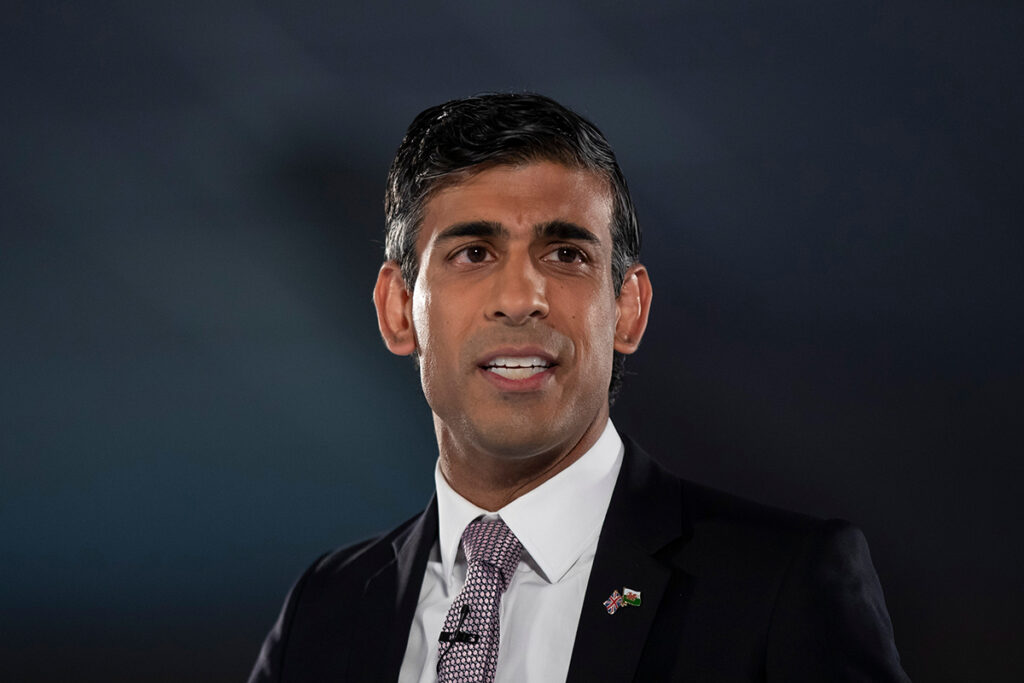The UK government is reevaluating its minimum income visa rules following concerns that these regulations could tear families apart. The move comes as part of a broader immigration policy overhaul set to take effect in spring next year. Under the proposed rules, British citizens and UK residents must demonstrate an annual income of at least £38,700 to sponsor foreign family members’ visa applications.
Originally, the policy was intended to cover not only future applicants but also those already residing in the UK who wished to renew their visas. However, Chancellor Rishi Sunak recently confirmed that the government is reconsidering this aspect of the policy, addressing the issue during Prime Minister’s Questions.
The sudden announcement of the significant increase in the salary requirement for a spouse visa had raised concerns among thousands of couples with advanced marriage plans. The new rule, which more than doubles the previous threshold of £18,600, had raised questions about its fairness and implications for families already living in the UK.
In response to these concerns, Sunak stressed the importance of ensuring that anyone bringing dependents to the UK can financially support them. He pointed out that the income threshold had not seen an increase in over a decade. However, he also acknowledged the need for “transitional arrangements” to ensure fairness in the application of the new rules.
Home Secretary James Cleverly echoed these sentiments, expressing his understanding of people’s worries about the higher salary threshold. He hoped to provide clarity on the rules soon, assuring that the proposals were forward-looking rather than retroactive.
Pressure mounted on newly-appointed Legal Immigration Minister Tom Pursglove to confirm that people already residing in the UK would not be required to leave the country if their income fell below the £38,000 threshold. Pursglove affirmed that those applying to renew their visas before the implementation of the new rules need not worry, but additional details regarding future protection were yet to be announced.
Critics have argued that the substantial increase in the minimum income threshold is both morally objectionable and inconsistent with conservative values, as it implies that only the wealthiest individuals can marry foreign nationals and bring them to the UK. The government, however, highlights an exemption for “exceptional circumstances,” where refusing an application would result in unjustifiably harsh consequences for the applicant, their partner, or relevant family members.
It’s important to note that while the minimum income threshold applies to skilled workers, it does not encompass health and care workers. When applying for an initial visa from outside the UK, only the sponsor’s income is taken into account. In contrast, for extensions and permanent residence applications, partners must collectively meet the £38,700 income requirement.
As the government continues to review and clarify the rules surrounding minimum income visas, many individuals and families eagerly await further updates and details on the proposed transitional arrangements. The outcome of this reevaluation will undoubtedly have a significant impact on those seeking to reunite with their loved ones in the UK in the near future.


